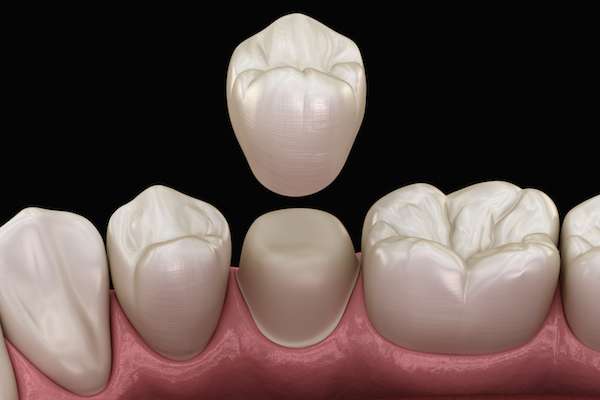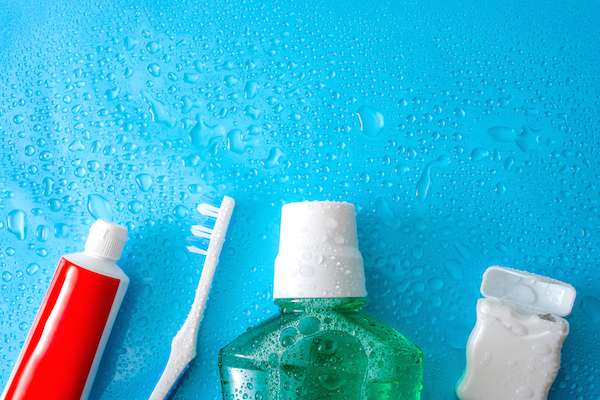Understanding Dental Anxiety
Dental anxiety, also known as dental phobia, is a condition in which patients have a strong and irrational fear of going to the dentist. People in Tonawanda who suffer dental anxiety may experience intense feelings of nervousness and unease at the thought of seeing the dentist, and may only seek treatment when they are experiencing extreme pain. Some common signs of dental anxiety include difficulty sleeping the night before a dental appointment, physical reactions at the thought of visiting the dentist, and feelings of unease at the thought of the dentist placing objects in the mouth during treatment. In some cases, dental phobia for patients in Tonawanda can become so severe that it impairs normal functioning and may require psychiatric treatment.
“Patients should be open and honest with their dentist about their anxieties, as this is the first step to phobia management.”
Causes and Effects of Tooth Loss
Dental anxiety can affect people of all ages and backgrounds. There are many potential causes of dental anxiety, including fear of anesthesia, fear of injections, fear of pain, feelings of embarrassment, and feelings of helplessness. It’s important for patients to communicate their anxieties to their dentist, as this is the first step in overcoming dental fear. In our Tonawanda office, we believe that good communication is key to a successful relationship between patients and their dentists.
Coping with Dental Anxiety
If you’re coping with dental anxiety, it’s important to find a dentist in Tonawanda who understands dental phobia, and is compassionate in their treatments. You should also feel comfortable communicating your fears and concerns to the dental staff and agreeing on a signal to let the dentist know if you need to take a break. To manage your anxiety, you might try mindfulness techniques such as breathing exercises or body scans while in the dentist’s chair, or you can try distracting yourself with headphones or other activities. If you’re sensitive to pain, even with local anesthesia, let your dentist know so that they can create a customized plan to help you manage your dental anxiety. Don’t be afraid to ask questions or express your fears, as this is the best way to develop an individualized plan to cope with your dental anxiety.
The Types of Sedation for Dental Anxiety Offered at Our Office
For patients in Tonawanda with severe dental anxiety we currently offer anxiety medication in the form of a pill, which may be prescribed by a dentist or a doctor and taken about an hour before the dental appointment.
Not all forms of sedation are appropriate for everyone or every dental procedure. Our qualified team works closely with patients to determine the best approach to provide the most comfortable experience possible.
Frequently Asked Questions
Dental anxiety among children is common, so many dentists anticipate having to use calming techniques. These include distraction, non-verbal communication, simple instructions, positive reinforcement, voice control, and in some cases, sedation.
According to WebMD, between 9% and 20% of Americans avoid going to the dentist due to dental anxiety. People of all ages and backgrounds can suffer dental anxiety.
The term "dental anxiety" is most commonly interchanged with "dental phobia." However, other synonymous terms include dentophobia, dental fear, fear of dentists, and odontophobia. These words all refer to the same phenomenon.
Putting off necessary dental treatments can be detrimental to your overall health. Patients who refrain from going to the dentist due to dental anxiety are more likely to develop gum disease and lose teeth. These, in turn, may lead to a decrease in self-esteem and negatively affect one's overall quality of life.
Continued exposure and positive experiences with the dentist should lessen your dental anxiety over time. Depending on the severity of your condition, you may also benefit from seeking psychiatric help for your phobia at another facility along with the dental treatment tailored to your needs.







